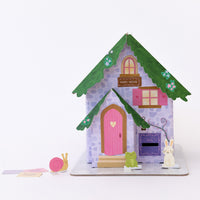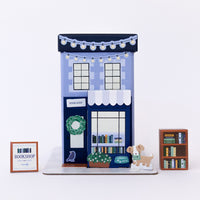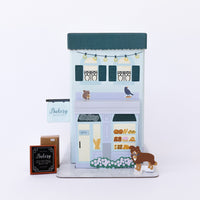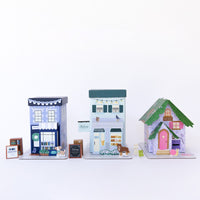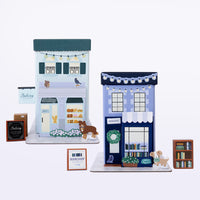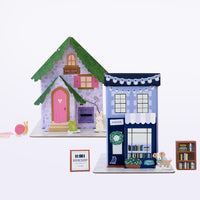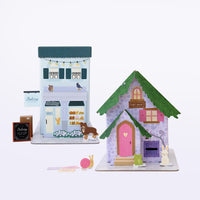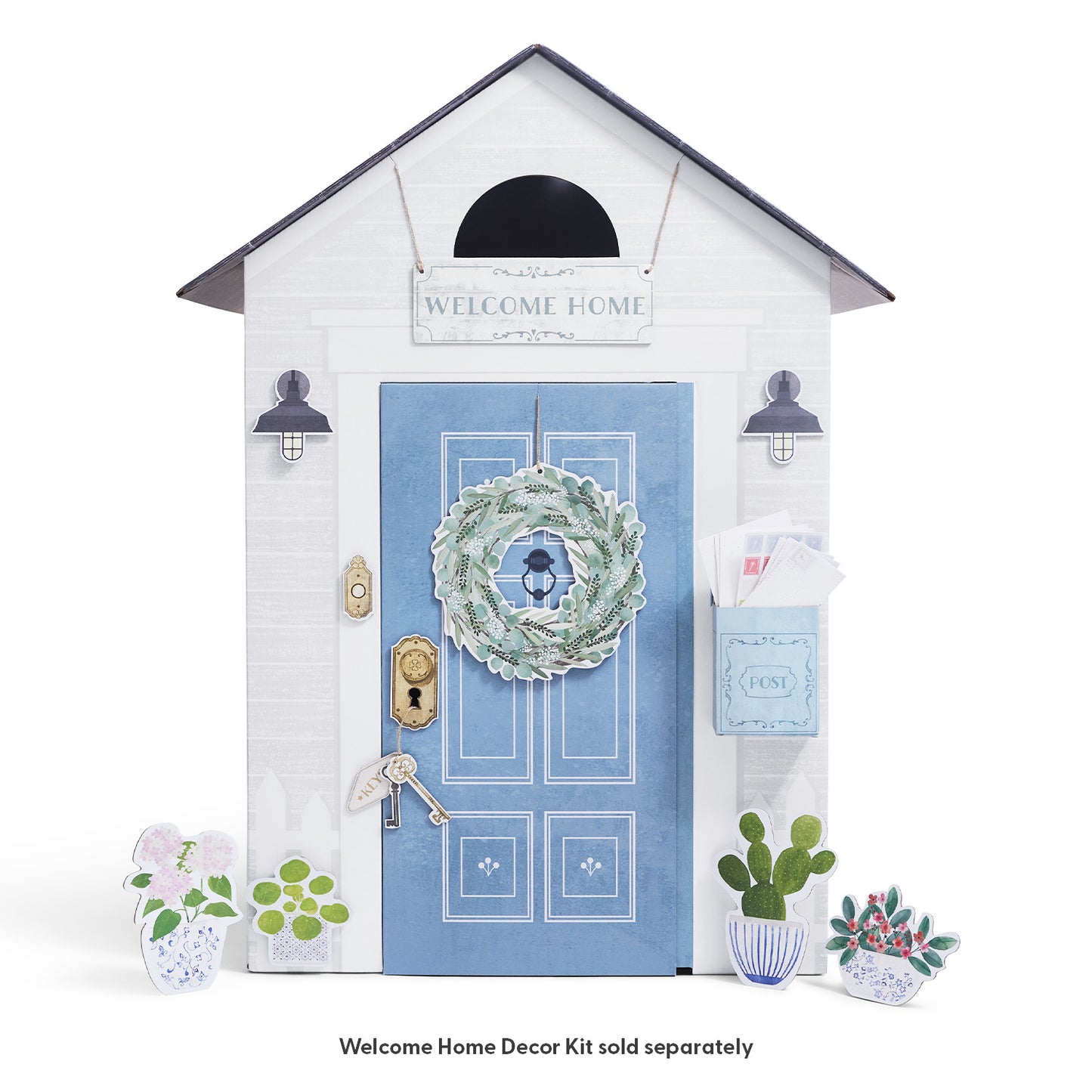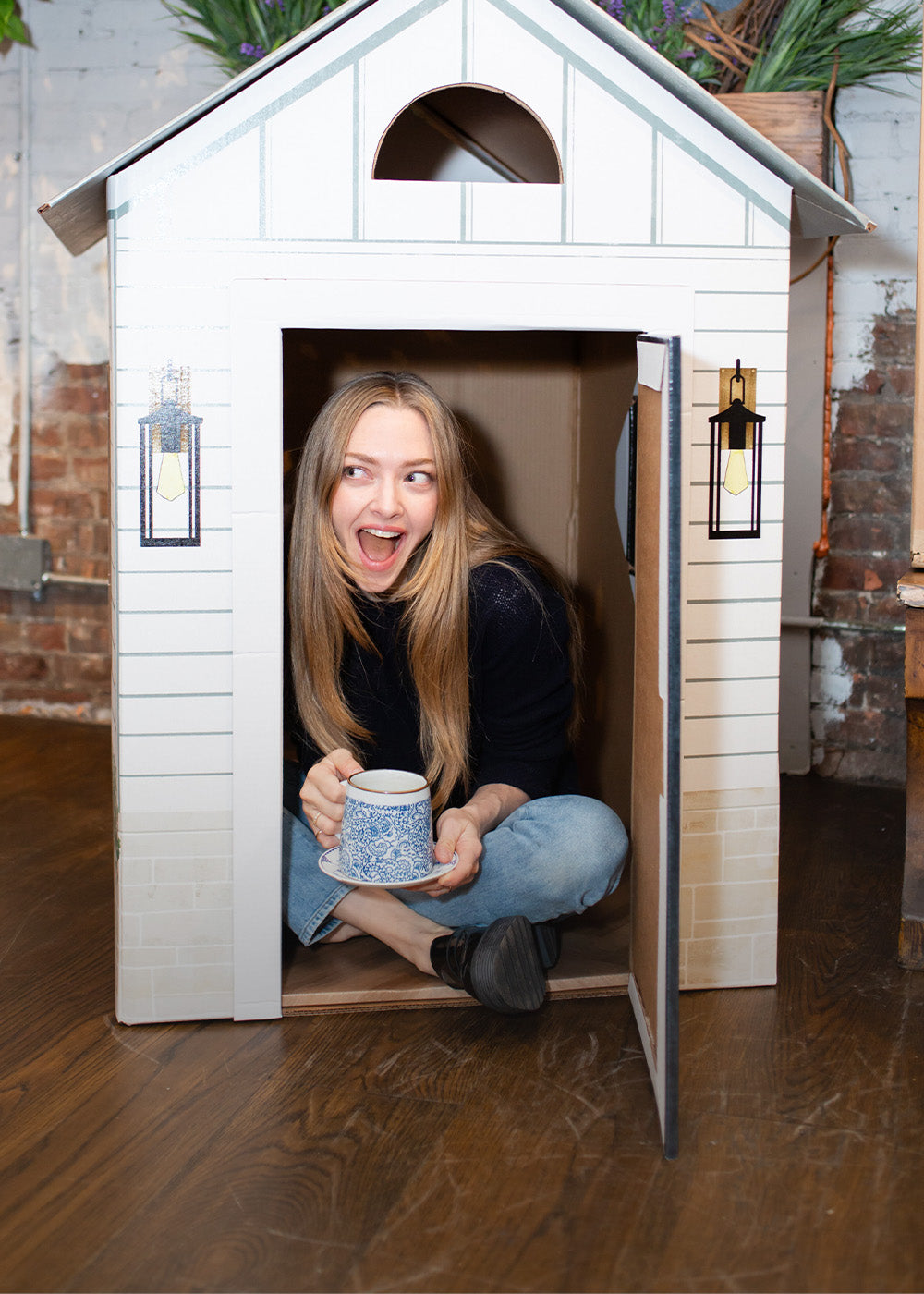
Ever wonder how plastics affect your family? You've likely heard about "forever chemicals'' and the importance of mitigating exposure for ourselves and our children (BPA-free water bottles, anyone?). Still, we've recently learned more about the pervasive effects of plastics on our pets. This summer, our co-founder, actress Amanda Seyfried, teamed up with EARTHDAY.ORG to learn more about microplastics and pets. Amanda and her beloved dog, Finn, participated in "a Plastic Tox Test" to support EARTHDAY.ORG's efforts to raise awareness about the health risks of plastic chemical exposure for both humans and pets. The findings were eye-opening!
Pets vs Plastics
We've all heard the expression dogs are a man's (or woman's) best friend. The news released by EARTHDAY.ORG underscores what we already know: "Pets are good for us - they reduce anxiety and dogs, in particular, improve our physical health. So, there are many reasons to care about our pet's well-being." (PR Newswire) Paying close attention to what they eat and interact with is one way to mitigate the harmful effects of plastics on our pets.
Amanda reacts to her dog Finn's "Plastic Tox Test."
"I was anxious about the results, and when they came back, I was definitely
upset by my dog Finn's exposure; he scored in the top 90% on phthalates, which
is very high," said Amanda Seyfried. "I feed him a healthy diet, but I realize now
that the plastic packaging on his food is leaching toxic chemicals directly into it.
It was a bit of a wake-up call. If his food is contaminated with phthalates, then
that convinces me that all of us are much more exposed than we perhaps
realize, including our children."
According to Tom Cosgrove, the Chief Creative and Content Officer for EARTHDAY.ORG, "It is best for your pet's health to avoid plastic toys and textiles as much as possible and really be mindful of how their food is packaged." He continues, "We are bombarding our bodies, our families, and our pets with a toxic mix of chemicals, and we want people to be aware."
The Problem with Plastics
According to a new report released by EARTHDAY.ORG, "Plastic is derived from a cocktail of oil and additive chemicals, like bisphenol A, PVC, and phthalates. These can leach into our pets' gums, stomachs, and skin and are associated with a whole host of health issues for our pets."
- Microplastic Ingestion: Plastics break down into microplastics that humans and animals can ingest. These tiny particles can accumulate in the body, potentially leading to inflammation, digestive issues, and other health problems. In pets, microplastics can cause gastrointestinal disturbances and affect their organs.
- Pollution and Respiratory Health: Plastics contribute to environmental pollution, impacting air quality. Burning plastics or exposure to plastic waste can release harmful chemicals and particulates into the air, potentially causing respiratory problems and aggravating conditions such as asthma or allergies in both people and pets.
- Chemical Leaching: Many plastics contain harmful chemicals such as bisphenol A (BPA) and phthalates. These substances can leach into food and beverages, potentially disrupting endocrine functions and leading to health issues like hormonal imbalances, reproductive problems, and increased risk of certain cancers.
Not only can plastics harm our family's health, but they also hurt our planet. Whether caring for your children or your pets, you can improve their health and well-being by reducing the Plastic in your lives. Avoid plastic toys whenever you can, and replace them with eco-friendly alternatives, like wood or cardboard.
Protecting Your Family from Plastics
We can all intentionally choose to embrace a plastic-reduced lifestyle. With never-ending to-do lists, this may seem like another item to add to them, but this one is important because it has lasting consequences for your family. Reducing the Plastic in your homes is one surefire way to reduce your family's exposure to "forever chemicals." We can set our families up for success by providing them with furniture, toys, and food that will keep them healthy.
Here are some tips to get you started:
- Invest in plastic-free or "plastic-lite" toys for your family (our indoor playhouses fit the bill).
- Scrutinize food packaging and labels before feeding it to your children or pets.
- Buy in bulk: this reduces the packaging waste of purchasing many of the same items.
- Choose to use refillable water bottles.
- Research and support plastic-free or plastic-neutral brands.
- Avoid single-use plastics like cutlery, plates, and straws and, whenever possible, opt for compostable alternatives.
Plastic-Free July
As we wrap up Plastic Free July, we are reminded of many ways we can make a difference for our planet, including eliminating or reducing our plastic use. While eliminating Plastic entirely is not always feasible, we can take action to protect our families, pets, and planet in other ways, such as getting involved in a beach clean-up in your area, like the one co-hosted by Make It Cute in South Carolina this month. While these clean-ups aren't specific to plastic removal (since various trash is collected), they are crucial to removing harmful plastics from our beaches, including the number one culprit: cigarette butts that contain plastic filters. Individual action can lead to significant change. We hope you will join us in protecting our children, pets, and planet by reducing plastic consumption.
Connect with Us
Make It Cute is committed to reducing plastic use through the creation of recycled and recyclable products that are not only fun for kids but also safe! Follow @MakeItCuteKids on Instagram to see more ways we work to protect our planet for future generations!
